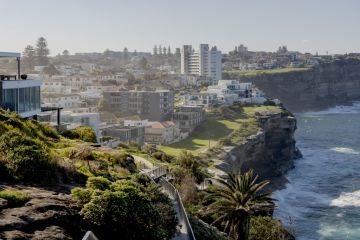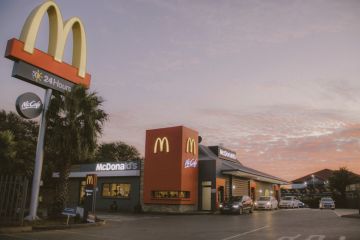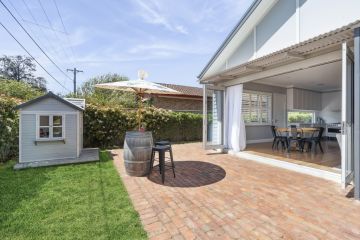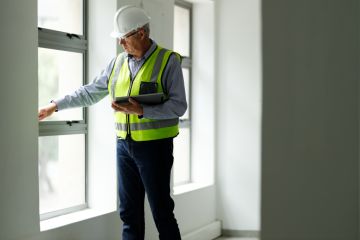Wulff Projects, Icon Co and Assemble launch new development in Roseneath Street, Clifton Hill
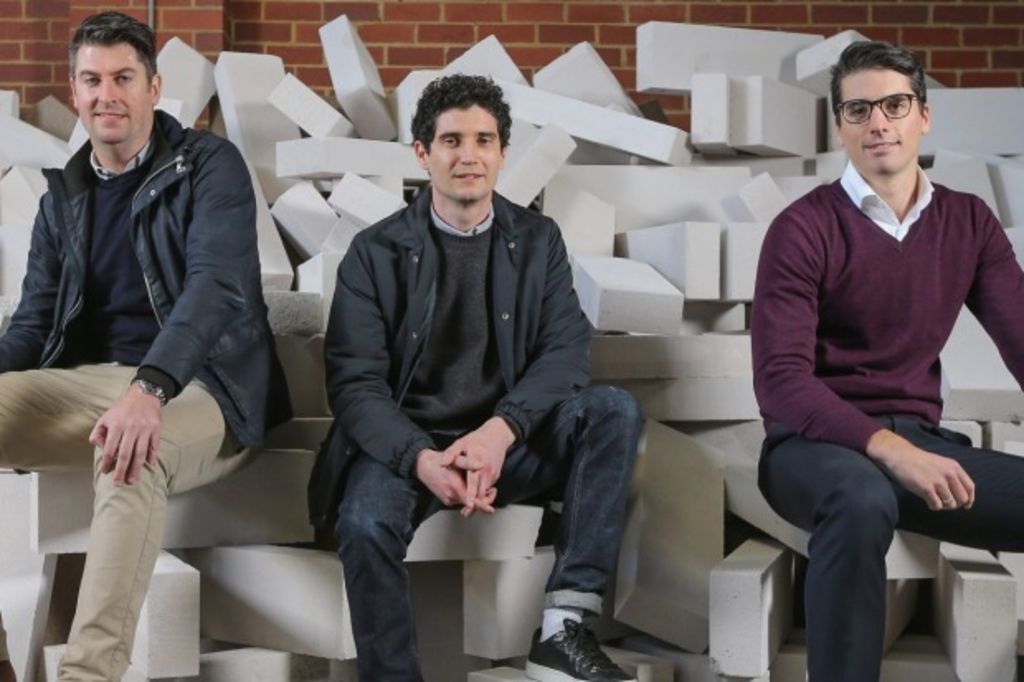
Melbourne’s apartment explosion has drowned out an important question: what do buyers really want?
A team of young developers has taken an offbeat approach to finding the answers, which in turn have shaped their latest project, in Clifton Hill.
They are preparing to build 67 “small footprint” townhouses and apartments at 122 Roseneath Street, which would-be buyers have helped to create.
The collaborative development is between Wulff Projects, Icon Co and Assemble, using Assemble’s architecture arm. It is on the lip of Hoddle Street and the railway line, and close enough to walk to Fitzroy and Collingwood before a takeaway flat white cools.
Assemble’s think tank publication Assemble Papers has a loyal subscriber base, and the team anticipates they can sell out through that network of design devotees, and those who registered at consultation nights. They are who will get first right to buy in.
The success of the “deep green apartments” at The Commons in Brunswick, its accolades for social and eco responsibility, and demand for a successor, has proven a market for sensitive, compact living.
Although Melbourne’s apartment market is immature compared to other major cities, growing numbers of local buyers are embracing what the world’s most forward-thinking residential architects are practising — size be damned, because bigger doesn’t have to mean better.
The pads at 122 Roseneath Street range from 38 square metre studios to 150 square metre townhouses, with two parks covering almost a third, and a ground floor cafe.
It was one of the last development sites available in Clifton Hill, one of the inner-north’s most locked-up suburbs due to widespread heritage overlays. The 3020-square metre parcel was bought for more than $8.4 million.
Ben Keck, co-director of Assemble and Fieldwork, said feedback and data from potential purchasers informed the design, which includes an edible garden and a multi-purpose room.
“We held 12 design presentations during town planning, for people who were interested in the project, and to register for that they completed a survey where we asked them what sort of townhouse or apartment they were interested in, how many bedrooms, bathrooms, or car parks they wanted,” Mr Keck said.
“We asked them questions about sustainability features, like external shutters and whether people would be prepared to allocate $5000 of their budget to those things, and what kind of function they would like for the retail space.
“We are passionate about small footprint living, and we are hoping to make this project a physical manifestation of that. And what that means is that you don’t have to have a large house or live on a large block of land to have a good life.”
Buyers can opt for about ten extras, including a provision for a dog door, rooftop decks or, for families, a bath under the shower.
Professor Michael Buxton from RMIT’s Centre for Urban Research said there had been little attempt by many developers to ask the needs of emerging households and build to them.
“There really is not consultation there — it is a producer led market,” he said, adding that medium density, small footprint construction was the “way forward” for Melbourne’s suburbs.
“We know Melbourne has an enormous capacity to provide additional housing stock,” he said.
“The challenge for the development industry is to build what people need and want, and to build to designs that are compatible with the surrounding neighbourhoods.”
Icon Co development manager Kyle Reeve said some buyer feedback was surprising, such as ditching a second bathroom in a two bedroom apartment to gain storage or living space.
“You make a lot of assumptions when you do a development,” Mr Reeve said.
“It has given a real transparency to the project, which has helped a lot.
“If you get like-minded people together, it can be its own community in a building. People have to go through a process to get registered.”
Wulff Projects director Adam Wulff said they are hoping to partner with a cafe operator who shares their urban ethos.
“It is one of the last substantial development sites in this precinct, so there was an opportunity to do something different,” he said.
We recommend
We thought you might like
States
Capital Cities
Capital Cities - Rentals
Popular Areas
Allhomes
More
- © 2025, CoStar Group Inc.
